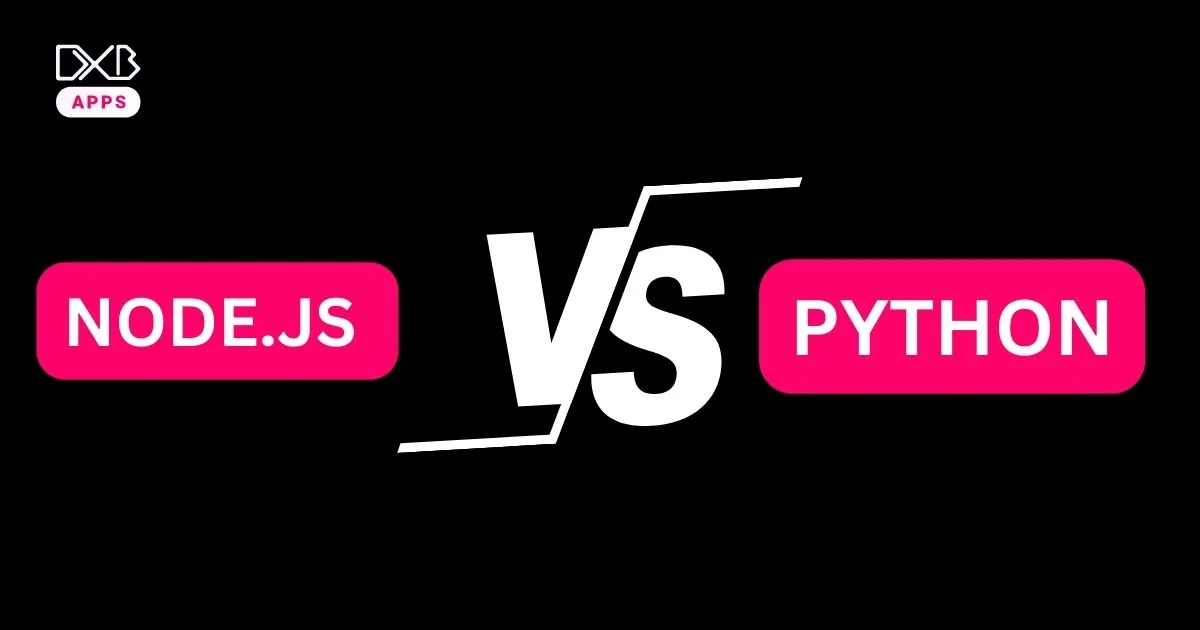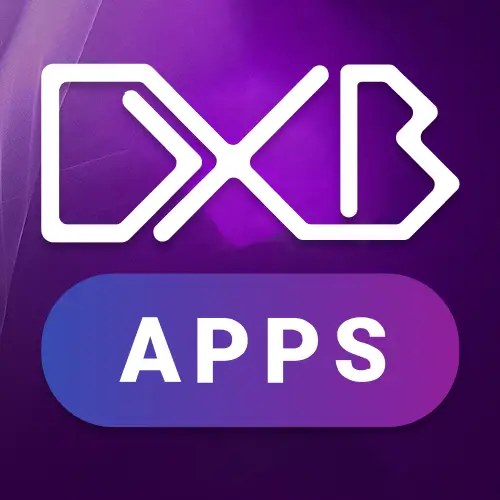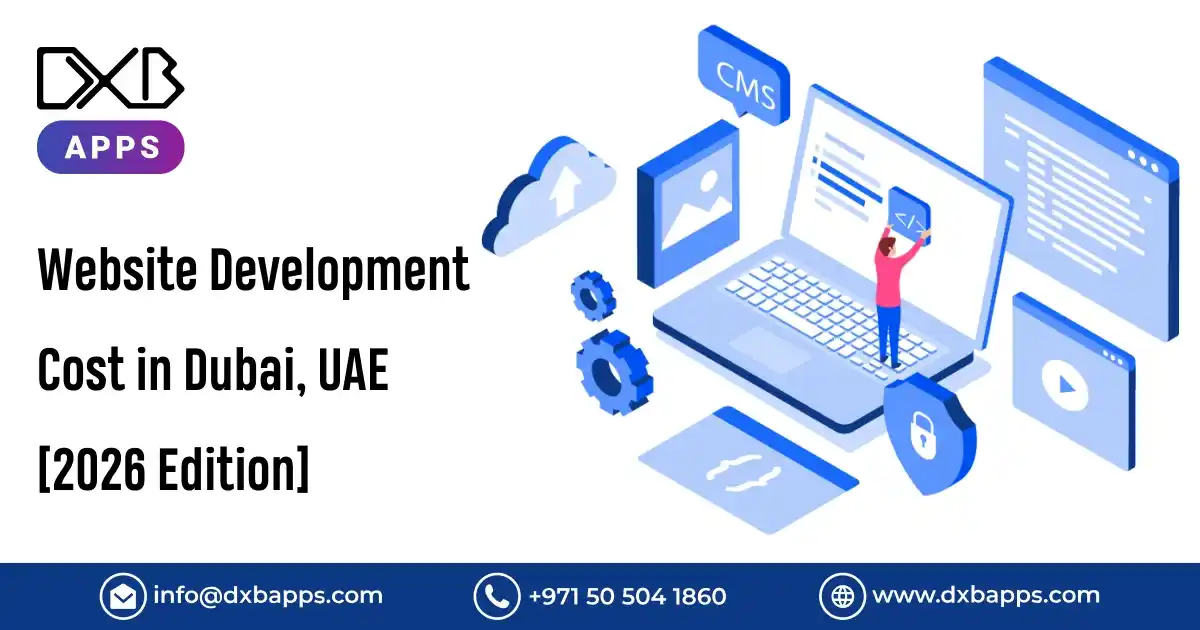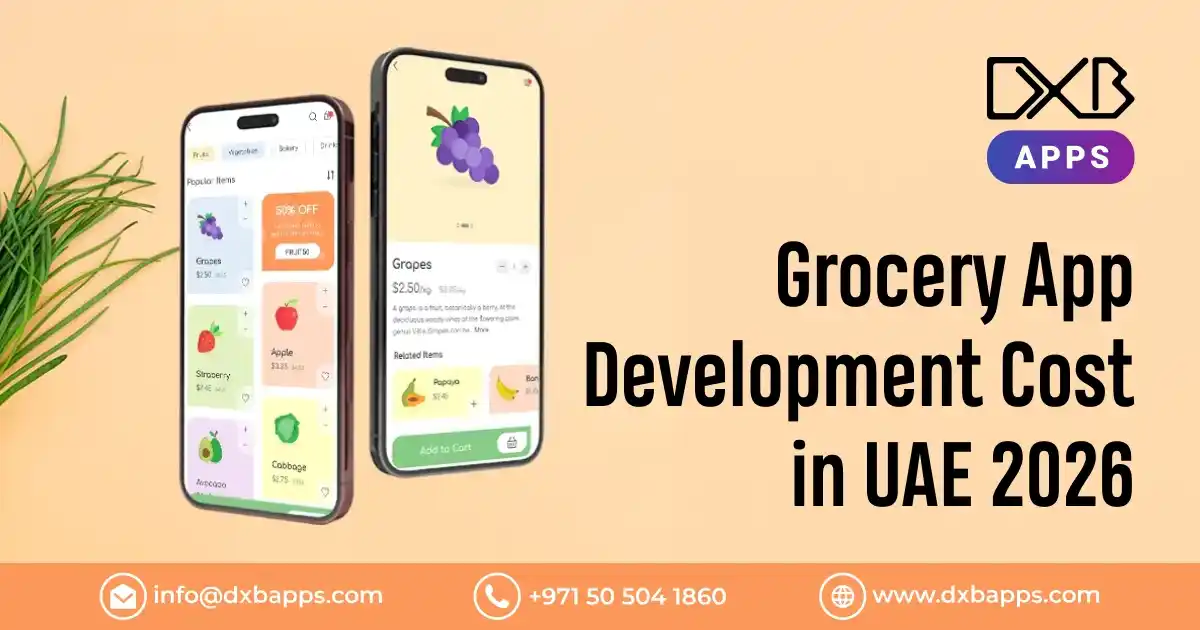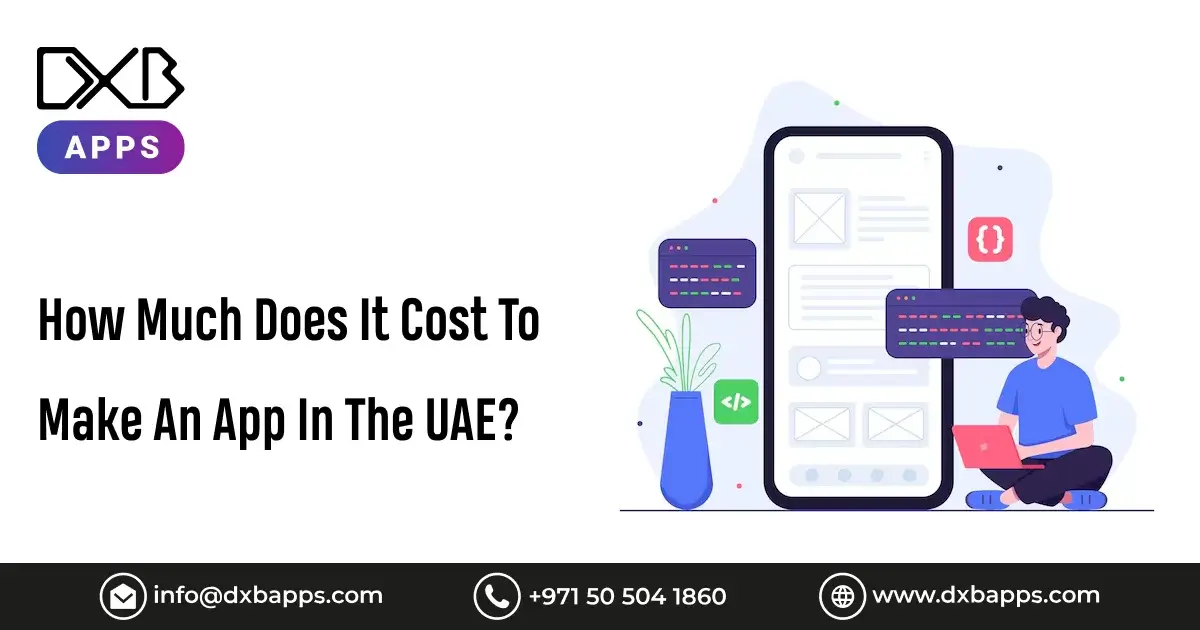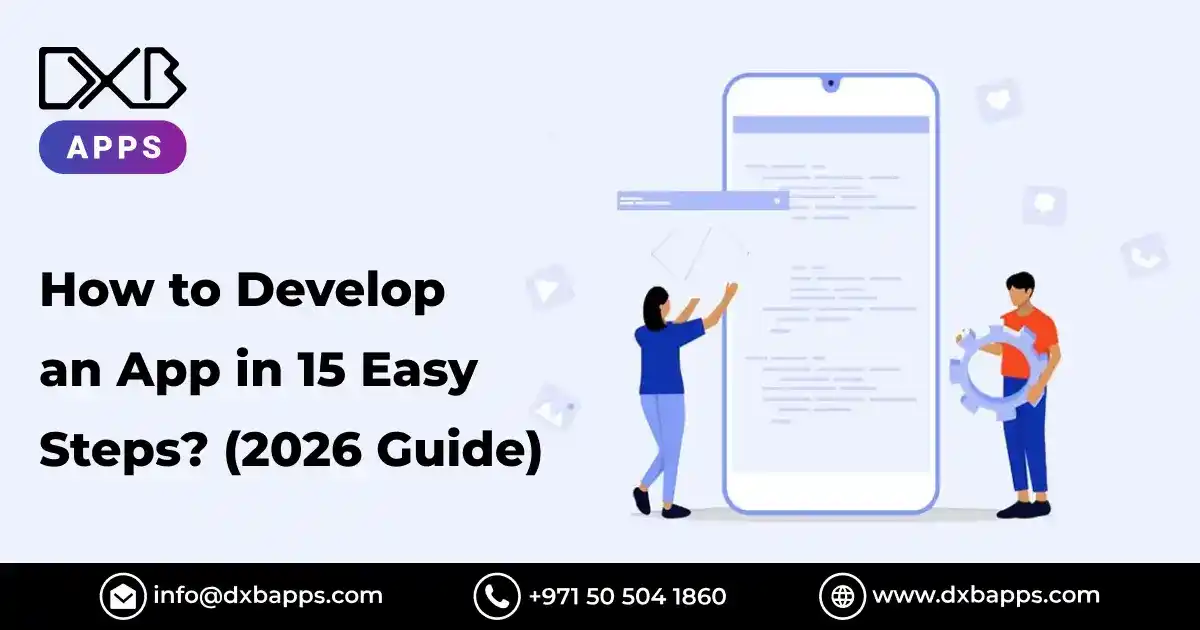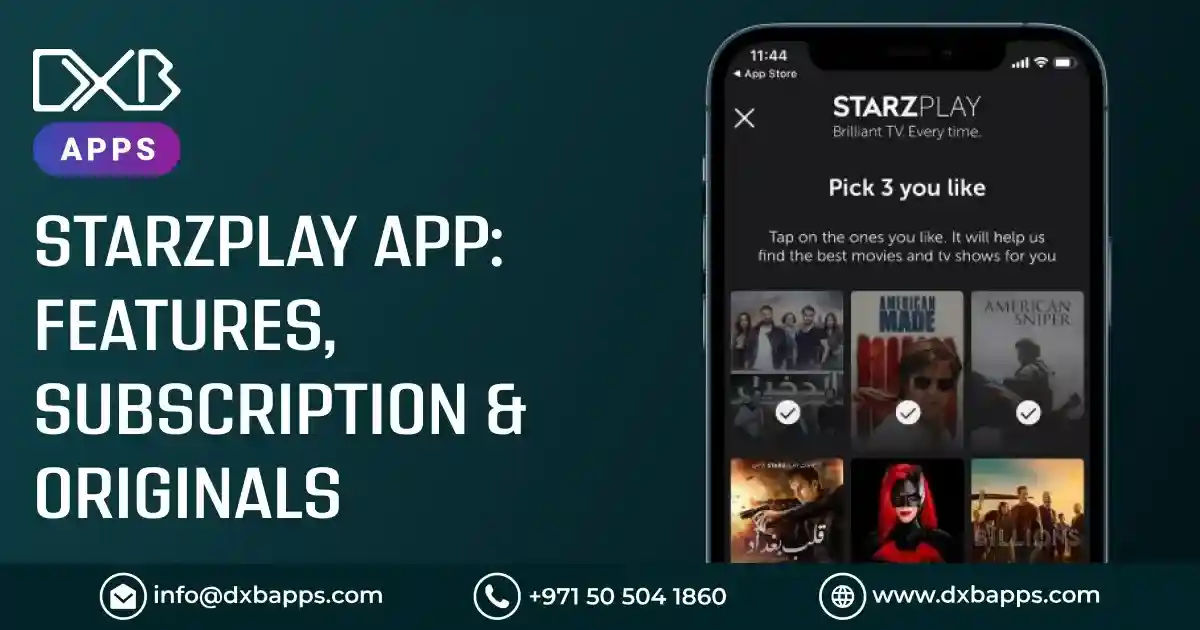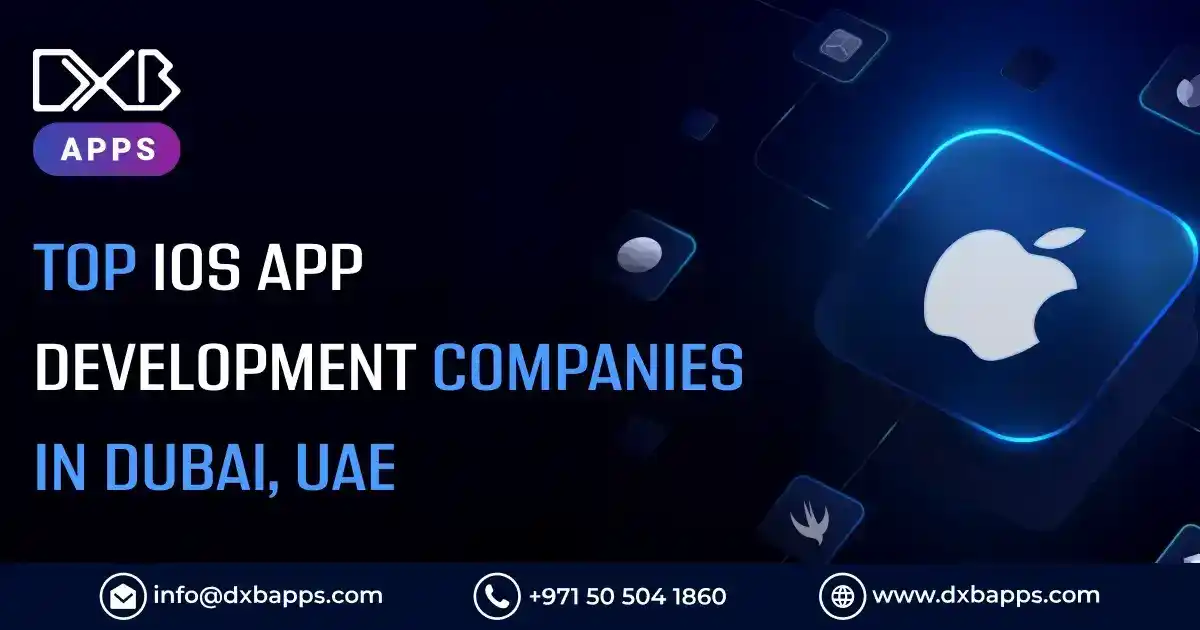When it comes to developing a business app, one of the most important decisions you will face is choosing the right programming language. There are many options available, each with their own pros and cons. In this article, we will focus on two popular choices: Node.js and Python. We'll discuss their key differences and help you determine which one is the best fit for your business app.
1. What is Node.js?
Node.js is a JavaScript runtime built on Chrome's V8 JavaScript engine. It enables developers to run JavaScript on the server side, enabling them to create server-side JavaScript applications. This is particularly useful for building real-time, high-concurrency apps such as chat rooms, online games, and other types of interactive apps.
2. What is Python?
Python is a high-level, general-purpose programming language. It is widely used for web development, scientific computing, data analysis, and more. Python has a large and active community, with a wealth of libraries and frameworks available for use. This makes it a popular choice for developers.
3. Key Distinctions Between Node.js and Python
There are several key differences between Node.js and Python that you should consider when choosing a language for your business app. These include:
-
Performance: Node.js excels at handling high concurrency and is generally faster than Python when it comes to real-time applications. However, Python has a wider range of libraries and frameworks that can be used to optimize performance.
-
Scalability: Node.js uses a non-blocking, event-driven architecture that makes it easy to scale applications horizontally. Python, on the other hand, uses a blocking, synchronous model, which can make it more difficult to scale.
-
Syntax: Node.js uses JavaScript, which is a familiar language for many developers. Python has a clean and simple syntax, which makes it easy to learn and use.
-
Community and support: Both Node.js and Python have large, active communities with a wealth of resources and support available. However, Python has been around longer and has a larger user base, which means there is more documentation and support available.
Read similar article: Java or Kotlin : Which Language Is Best For Android Development?
4. Which is the best option for your business app?
So, which language is the best choice for your business app? The answer depends on your specific needs and goals. Here are a few things to consider:
-
Real-time applications: If you are building a real-time app, such as a chatroom or online game, Node.js may be the better choice due to its ability to handle high concurrency and its non-blocking architecture.
-
Data analysis and scientific computing: Python is often used for these tasks because it has so many libraries and frameworks.
-
Familiarity and ease of use: If you or your team are already familiar with JavaScript, Node.js may be the easier choice. If you are new to programming or prefer a language with a simple syntax, Python may be a better choice.
5. Additional features and capabilities
Node.js and Python have a number of additional features and capabilities that may be relevant to your business app. Here are a few examples:
-
Node.js: Node.js has a number of libraries and frameworks available for building web applications, such as Express.js and Hapi.js. It also has support for real-time communication using websockets through libraries like Socket.io. Additionally, Node.js has strong support for building and consuming APIs.
-
Python: Python has a number of libraries and frameworks available for web development, such as Django and Flask. It also has strong support for data analysis and machine learning, with libraries such as Pandas and Scikit-Learn. Additionally, Python has a number of libraries for scientific computing and visualization, such as NumPy and Matplotlib.
6. Case Studies and Examples
To help illustrate the capabilities of Node.js and Python, here are a few examples of businesses that have successfully used each language to build their apps:
-
Node.js: PayPal used Node.js to build their web app, resulting in a 35% decrease in response time and a 50% decrease in the number of servers needed. Netflix also uses Node.js for their web platform and has reported similar performance improvements.
-
Python: Instagram built their web app in Python and claims that it can handle millions of requests per second.Dropbox also uses Python for their server-side app development.
6.1 Diagram
Here is a diagram made with Mermaid syntax to help you see the differences between Node.js and Python:
graph TD;
Node.js-->Performance;
Node.js-->Scalability;
Node.js-->Syntax;
Node.js-->Community;
Python-->Performance;
Python-->Scalability;
Python-->Syntax;
Python-->Community;
Performance-->Node.js|"High concurrency"; "Faster for real-time apps";
Performance-->Python: "Wider range of libraries and frameworks for optimization";
Scalability – Node.js: "non-blocking, event-driven architecture"; "easily scale horizontally";
Scalability ---> "Python" -- "Blocking, synchronous model" -- "less scalable"
Syntax: Node.js, "JavaScript" (familiar to many developers);
Syntax: |Python| "Clean and simple syntax"; "Easy to learn and use";
Community-->|Node.js|"Large, active community"; "Plenty of resources and support";
Python community: "Larger user basebr>More documentation and support available";
Conclusion
In summary, both Node.js and Python are powerful and popular choices for business app development. The best language for your project will depend on your specific needs and goals. Consider factors such as performance, scalability, syntax, and community support when making your decision.

